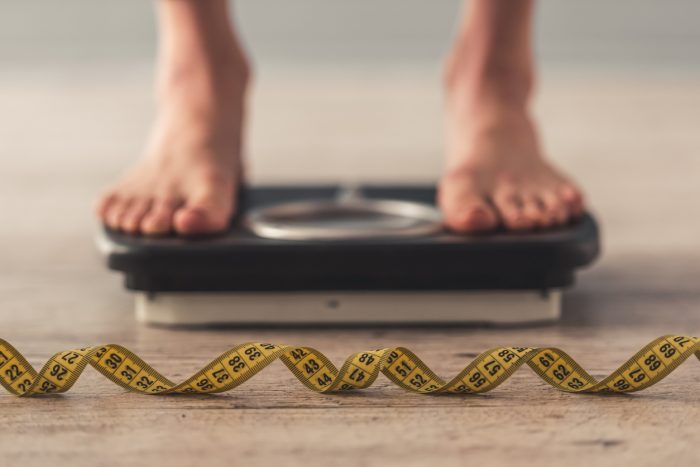Holiday weight gain is something very real and it starts every October, according to a new study. The same research concluded that it takes an average of five months to drop the extra holiday pounds.
The research published by Cornell University was conducted on 3,000 people from the United States, Germany, and Japan. This led them to believe that holiday weight gain doesn’t only affect Americans. Also, it can be very tough to shed the extra pounds you accumulate on Halloween and Christmas/New Year – according to the scientists it takes about five months. So what can you do in order to preserve your weight and keep those extra inches off? Observe the way your eating patterns change starting in October.
The new study was led by Cornell’s Food and Brand Lab and supported by scientists in Finland and France. The data they analyzed consisted of daily weigh-ins of costumers who bought a certain wireless scale. All of the participants agreed to have their measurements collected and analyzed by scientists.
What’s the prime time for holiday weight gain?
This is what researchers found out when it came to a timetable for the holiday weight gain. Participants began to gain weight in October and November, and their weight peaked about 10 days after Christmas. On average people gained about 1.3 pounds during the holiday season.
Interestingly, about half of that weight was burnt off pretty quickly after the holidays, but the last of it wasn’t so easy: it stayed on for about five months, more specifically until Easter.
People in Germany also had the most pounds around New Year’s Eve and Easter. While people in Japan had their biggest weight during New Year’s but also their other big holiday – Golden Week – in April.

“Different countries celebrate different holidays, but many such celebration periods have one thing in common: an increased intake of favorite foods,” the authors wrote in the New England Journal of Medicine. Dr. Brian Wansink, a co-author of the study, said that collected real-life weight measurements for a whole year lead to accuracy in the study conclusions. And that while the weight gain might be subtle, it actually exists.
“In past studies, results have been self-reported, or people would come into a facility to be weighed,” says Wansink, director of Cornell’s Food and Brand Lab. “That means people could fib or change their behavior because they know they’re being monitored.”
But this time participants knew they would be monitored, but not when or for how long. That means that behaviors were much more natural, especially considering that the participants would weigh themselves, as they had done outside of the study anyway.
How do you avoid the 5-month struggle?
It’s better to keep an eye on your weight now than to try to get rid of the extra pounds after New Year’s Eve. So try and keep a balanced meal plan. And don’t give in to the holiday season aspect! This means: keep your treat-yourself eating restricted to the actual holidays and don’t keep doing it from Halloween candy, Thanksgiving leftovers to the last New Year’s cookies.






